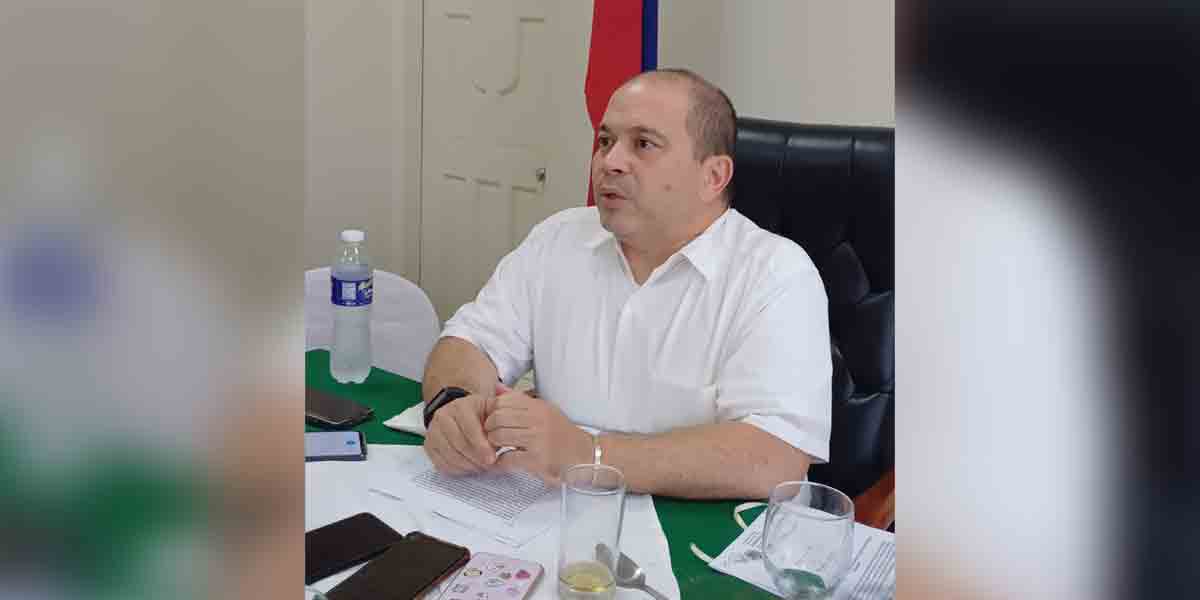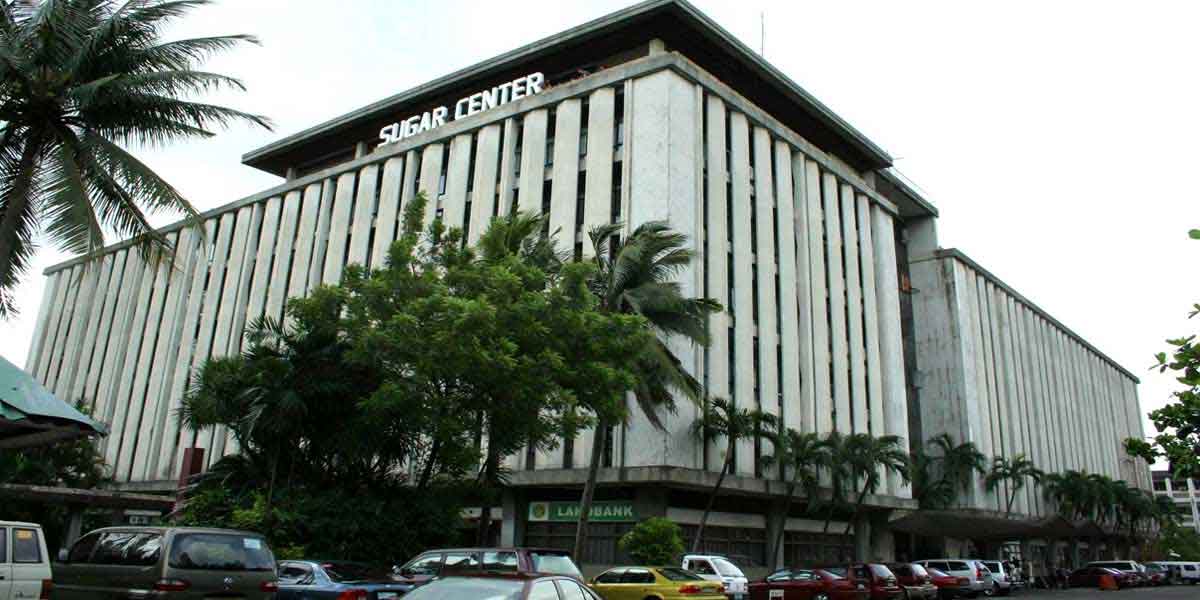 By Modesto P. Sa-onoy
By Modesto P. Sa-onoy
When the government closed all schools last March, twenty-eight million students in Philippine schools were locked out from their studies. Many cried because they graduated “without ceremonies,” a dream of a lifetime.
Now that the schools are to resume under new methods called “on line”, “distance learning”, and “blended method”, parents and even teachers are at a loss on what all these means to them – the parents’ pockets and the teachers’ role in the new scheme. How competent are the teachers?
As of today, there seems to be nothing clear. I got a call asking about her Grade 8 girl who wanted a new cellphone because that would be needed for the online schooling. Another said that they needed a laptop because they need to have a camera.
What about tuition and all the miscellaneous fees, like air conditioning, computer, and textbooks? Nothing has been said about these because so far, all the planning and the talking refers to the public schools. What of the private schools?
We know the public schools have adopted three learning delivery methods: face to face, distance learning, and home schooling but what about the private schools? The media are the internet, radio, and television. Will private schools adopt them?
The Department of Education said it will adjust the K-12 curriculum but meantime we do not know what modifications there would be. If there are changes, this means training of teachers, new books, new learning materials and even the cancellation of subjects that involve mass gatherings, like symposia, festivals, sports, fairs, and literary and cultural competitions. The saddest of all would be graduation, and honors’ presentations.
It would appear schooling would be purely academic, without a social life and to young people, boring.
The new system can even result in longer academic year to be able to cover the curricular requirement although this can be considered in what the objectives are for every grade level.
While the public schools are scheduled to open on August 24, there is nothing definite yet for private schools because they have options to start this June for elementary and high school. It seems though that most will open August as well.
Schools of higher education – colleges and universities, have wider options like opening in September though not later than October. Their gravest concern is the flight of their students to government schools.
As this column had cited before the problem of parents are their capability to acquire the resources that the new system will require but one thing is certain – there will be a rush to buy computers and better equipped mobile phones and get internet connections.
The Department of Trade and Industry should move fast and ensure no spike in prices. We know that a national crisis can trigger a scramble and businessmen are happy to raise their prices.
We cannot reiterate enough the fact that many students, particularly those from low-income households or living in far-flung areas, do not have internet access and gadgets such as laptops, computers, and mobile phones. No wonder that Albay Congressman considers the online classes as “anti-poor”.
Salceda said that only 17% of Filipino students have internet access at home while only 3.74% have mobile phones. Just about 5% of students have internet access at home that is stable enough for online learning activities, he added. We may add, brownouts make the internet useless.
There are internet cafes and shops where students can use a computer with internet access, but they charge P12 per hour or five centavos per minute. Not counting the possible long lines and the time needed outside the home, how will this situation affect schooling and family budget?
Some students walk each day from one to two kilometers to get to a high school. Imagine the impact of the DepEd new system. Chances are the students would simply give up not by desire, but the circumstances work hard against them.
I have noted here before of the sad state of computer classes in rural areas – students practicing on hand-printed keyboards and most probably the teachers have no training in computers. Need we say more on the new system that DepEd is planning to implement?
Television and radio are options because these two electronic media are believed available in most homes. How true is that? Let us continue Monday.




















